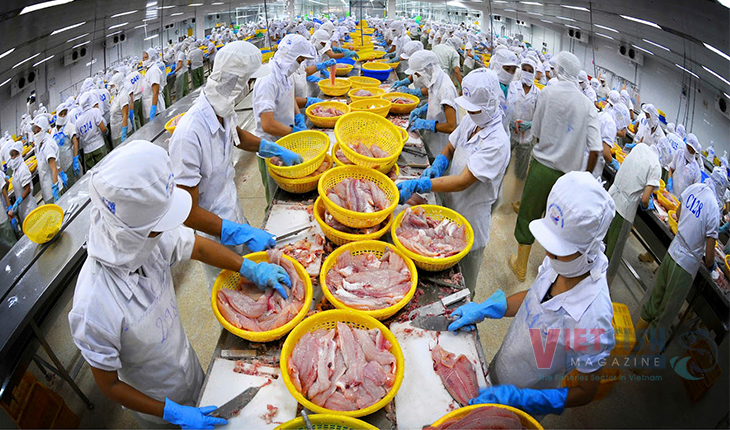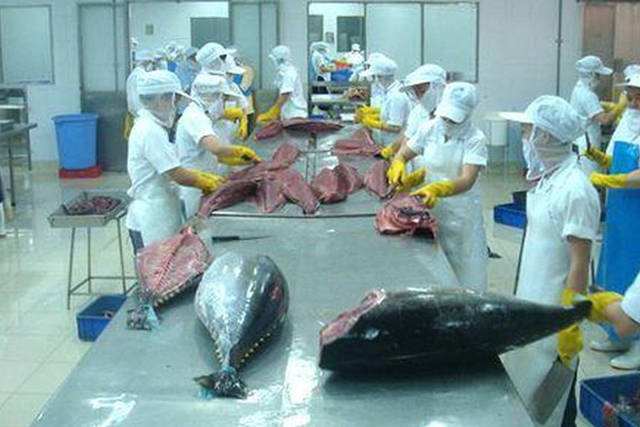Tuna exports slow down in July
In July 2024, Vietnam's tuna exports continued to grow compared to the same period last year, increasing by 14% to nearly USD 87 million.
Major markets saw decline
Accumulated over the first seven months of the year, tuna export revenue reached USD 558 million, up 22%. However, exports to the EU market bloc dropped by 14% in July, reaching USD 16 million. Although exports to Italy maintained growth, the growth rate significantly decreased from triple digits to just 18% in July. Meanwhile, exports to the Netherlands and Germany simultaneously fell by 46% and 19%, respectively. Exports to many major markets, including the EU, Israel, Canada, and Mexico, declined in July.
Alongside the EU, tuna exports to Israel, Vietnam’s second-largest single import market for tuna, dropped by 31% in July after several months of strong growth. The Israel-Iran tensions are affecting export activities to this market.
Contrary to the trend in the above two markets, exports to the US continued to increase, though the growth rate was modest at 17%. Cumulatively over the first six months of the year, tuna exports to the US increased by 20%, reaching USD 206 million.
Tuna exports to Russia and South Korea also continued to rise in July, with increases of 57% and 266%, respectively.
Raw materials in short supply
Currently, Decree 37 was issued by the Government in April to guide the implementation of the Fisheries Law. Accompanying this is the regulation on the minimum allowable size for harvesting aquatic species living in natural waters. According to this regulation, fishermen are required to invest in new, suitable fishing gear, including mesh size adjustments, as well as maintaining logs and controlling the size of the species they catch. In practice, many fishing vessels arriving at ports have not been issued unloading certificates due to violations related to the size of harvested seafood. This has led to a significant shortage of raw materials for production, business, and export activities.
Due to the shortage of domestic raw materials, businesses will be forced to import. However, with imported raw materials, Vietnam will face difficulties in competing with countries benefiting from preferential tariffs, such as the Philippines and Ecuador.
VFM






